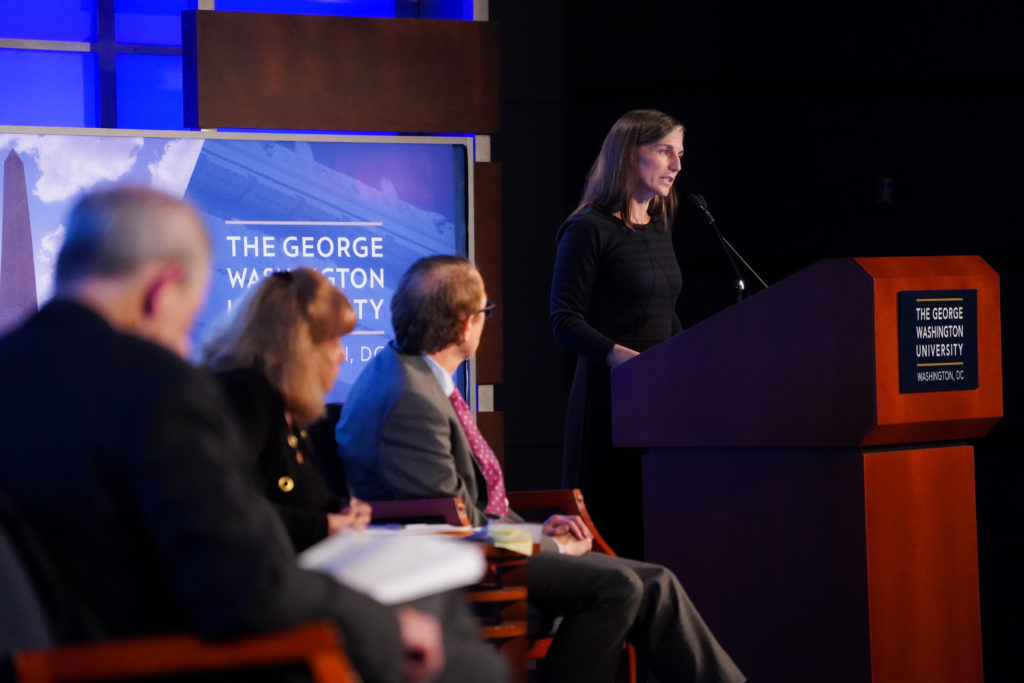Faculty senators will introduce a resolution that requests the Board of Trustees evaluate the Medical Faculty Associates’ financial losses and assess GW’s “underfunded areas” at a Faculty Senate meeting Friday.
Senators said in the resolution that they are frustrated at the “overly optimistic” financial reports of the MFA, a group of physicians who also teach at the School of Medicine and Health Sciences, and the University’s continuous lending, some of which is no longer recoverable, according to the resolution. Sarah Wagner, the co-chair of the Educational Policy & Technology Committee, will introduce the resolution, which asks for an evaluation of the impact of continuous loans to the MFA on GW’s academic mission and for increased transparency from the administration on the organization’s “ongoing” losses.
The MFA accumulated over $190 million in debt by the end of fiscal year 2023 and lost $80 million in each of the past two fiscal years, according to University’s audited financial statements. Chief Financial Officer Bruno Fernandes said the MFA likely won’t break even by the end of fiscal year 2024 but would lose another $30 million to $50 million at a senate meeting in October, walking back on previous break even projections.
At the October senate meeting, faculty probed Fernandes about presenting the MFA’s Q1 results at a future meeting and asked for “equal prioritization” of financial support for GW’s academic schools and colleges.
Senators requested an evaluation of the MFA debts’ impact on the University’s academic mission due to concern over the preservation of GW’s “reputation for excellence,” according to the resolution. They said trustees and the senate’s Educational Policies and Technology Committee should assess the areas of the University lacking adequate financial support, particularly in undergraduate education and aid.
Senators said in October 2022 that schools with “inadequate” financial support like the Columbian College of Arts and Sciences could improve student and faculty support if officials directed money for loans to the MFA to its schools. CCAS department chairs had to accommodate for a 15 percent budget cut for FY 2024 because the school did not meet “needed expense savings” last spring.
Senators also called for additional transparency from President Ellen Granberg, Provost Chris Bracey, and Fernandes, asking they release a report by March 1, 2024 and by Feb. 1 each following calendar year that shares both the impacts and opportunity costs of the financial loss of the MFA. They said faculty need timely and accurate estimates for when the MFA can become cost-efficient to plan future university projects.
Fernandes will share a report on the MFA’s Q2 results during the meeting. Officials attached the MFA’s Q1 results to the December senate meeting agenda, which showed that the organization lost $27 million in the first quarter of FY 2024.
Pamela Norris, the vice provost for research, will present an annual report on the past year’s research impacts and expenditures, as well as goals to enhance GW’s research reputation and its scholarly enterprise.
Norris said last year that health-related research accounted for 67 percent of all University research expenditures in 2022. Norris said officials were looking to diversify and modernize the University’s research infrastructure.





